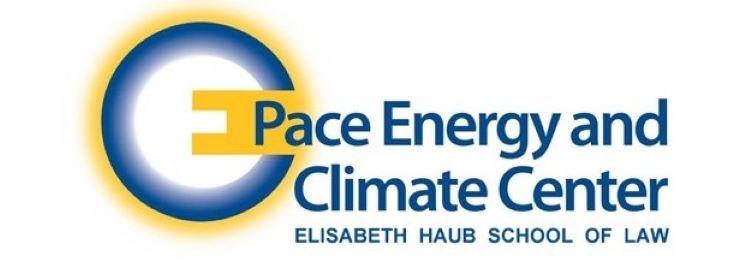Pace Energy and Climate Center Recommends Decarbonizing Buildings and Gas Utility Sectors

The Pace Energy and Climate Center released a white paper today recommending a framework to stop the growth of gas use in buildings and support the achievement of climate and energy goals.
As states across the U.S. set ambitious greenhouse gas reduction targets, they face significant challenges to decarbonization, including regulations that incentivize gas growth and the continued rise in gas demand in buildings, especially in the Northeast.
Pace Energy and Climate Center provides recommended solutions to these barriers in its new white paper, “Zero Net Gas: A Framework for Managing Gas Demand Reduction as a Pathway to Decarbonizing the Buildings Sector,” which is available for download at https://wfs.pace.edu/browse/KMigFwLlxkSwwS_4RCdwvg/.
The Zero Net Gas Framework requires that any proposed increase in gas demand is netted with a corresponding reduction in demand elsewhere within the system. The ultimate goal is to go beyond simply netting out new gas use, and to employ a “net-plus” approach that decreases gas use. The ZNG Framework involves a detailed, intensive, and coordinated approach, including comprehensive gas distribution and supply planning and ensuring a just transition for disadvantaged and marginalized communities.
The Zero Net Gas Framework uses New York’s regulatory landscape as an illustrative example, but can be applied in jurisdictions across the U.S. The Framework includes a number of recommendations for policy and regulatory reform, including:
- Developing a comprehensive integrated planning for gas infrastructure and consumption as the regulatory framework to establish the Zero Net Gas Framework;
- Changing the gas service application process to require developers and consumers to adopt alternatives to gas wherever feasible;
- Increasing access for low- and moderate-income communities to non-gas alternatives;
- Where new gas is to be deployed, requiring it be as efficient as possible; and
- Enabling large-scale deployment of non-gas, renewable resources and energy efficiency.
- Changing the current business-as-usual approach favoring gas in the building trades for new construction and retrofits to embrace non-gas heating and cooking technologies.
The Zero Net Gas white paper was developed with support from the Rockefeller Brothers Fund.
About Pace Energy and Climate Center
Pace Energy and Climate Center is a project of the Elisabeth Haub School of Law at Pace University. More than a think tank, the Pace Energy and Climate Center turns ideas into action. We believe thoughtful engagement of government and key stakeholders leads to better public policy. We conduct research and analysis on legal, regulatory and policy matters because thorough, objective analyses are essential to finding solutions to today’s complex energy and climate change challenges. We are lawyers, economists, scientists, and energy analysts, committed to achieving real-world progress. For more information, visit energy.pace.edu or contact pecc@law.pace.edu
Contact:
Craig Hart | 650-308-6720 | chart@law.pace.edu



